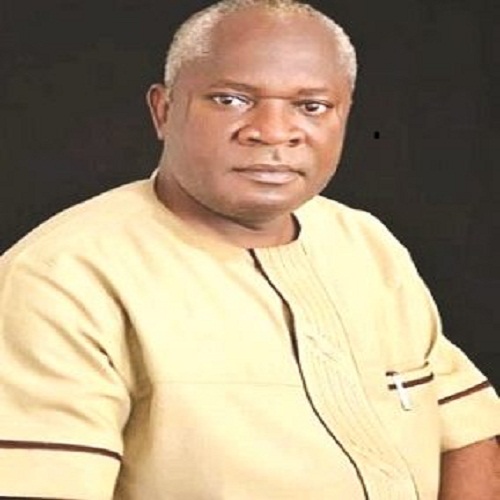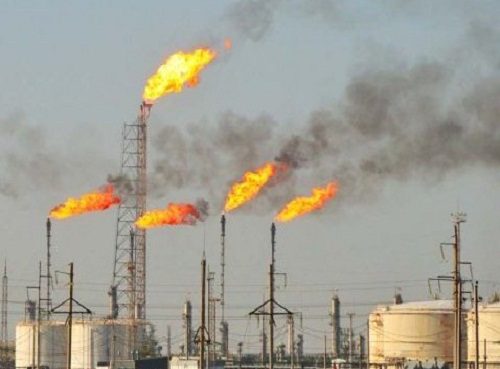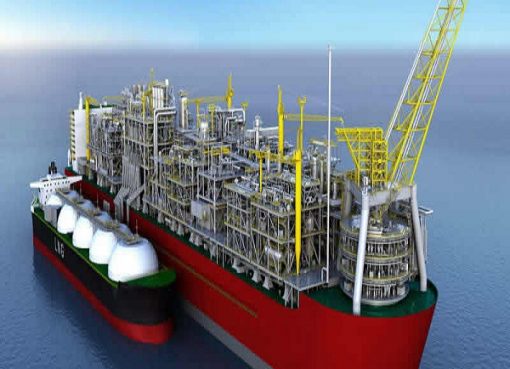The Movement for the Survival of Ogoni People (MOSOP) has expressed concerns over two key areas in the recently passed Petroleum Industry Bill (PIB) – the three percent allocation to the Community Trust Fund and the new definition of host communities that include communities pipeline traverse.
Consequently, the Group described the National Assembly’s definition of host community in the (PIB) as “false”. It claims it was a trick of creating more controversy and chaos in the Niger Delta region as well as trying to weaken the host communities. MOSOP warned that by so doing, the government is regenerating restiveness in the region.
A former Secretary of MOSOP, Bari-ara Kpalap, in a telephone chat disagreed with the “new” definition of host communities given by the Upper House. According to him, including communities where pipelines traverse translates to a call to create more chaos and also trying to weaken the host communities, which he noted can lead to recreating restiveness in the region.
Rather, Kpalap contended, definition of “host community” should be limited to those communities that are oil bearing; communities that house the oil facilities, well-head, pipelines crisscrossing their communities, flow stations and several other things that relate to oil production in their communities.
“That you have pipelines merely transporting oil from oil bearing community down to the export terminal does not make that community an oil bearing community; therefore you cannot define such community as a host community. It’s very unfair because it does not make them host communities, pipeline traversing your community does not make you oil bearing community and as such you are not a host community,” he explained.
He however said MOSOP had made their position known to the National Assembly, “and we have also contacted relevant institutions to make our protest”. He said the Senators representing the region had not much to do anyway adding they are weakened by what he described as inconsequential numerical strength. “In a situation where you have 190senators and you have only one representing you in your zone is that not inconsequential”, he asked.
Similarly, the Paramount Ruler, Kaani Community, Khana Local Government Area of River State and President of MOSOP, Prince Biira, also expressed disappointment over the new definition given to host community. He described the proposed three percent allocation as a neglect to the oil producing communities. “It’s not enough for the development of the host community, the host community is a fundamental basis for any form of development”, he stated.
He therefore called on the government to review the percentage, as well as giving a proper definition to the term “host community, warning that if the PIB is accented to without giving a proper stand or definition of who the “host communities” are, then the Ogoni people would see it as a call to anarchy.
Also, a former Managing Director, Treasure Energy Resources, a Rivers State-owned oil and gas company, Eddie Wikina, noted that there were issues with management and control of the Community Trust Fund. According to him, a structure that gives full control to each host community, just like with the Shell GMOUs, but with some oversight of the state government is recommended. According to him, once the PIB is accented to, it should be left to the operating company in the environment and host community to define their best operational relationships, and federal government stay out completely.
He is of the opinion NNPC Limited would not continue with the funding mechanism of present NNPC, where they do little work and collect money from operations carried out by other companies. Consequently, the new NNPC Limited could allocate what they wanted to frontier fields in any part of the country. But they cannot use funds generated in the Niger Delta basin to waste on wild exploration in dry regions known not to bear any hydrocarbon deposits.
On the general fiscal side, he believed the context of the bill met the yearnings of operators, as the clauses offer clarity on areas that had been contentious for long. This therefore will allow them operate more openly and indeed encourage inflow of needed foreign investment into the sector.
Source: The Nation










